General Dentistry
Navigating Dental Insurance: Tips for Securing the Best Care for Your Smile
When it comes to maintaining your oral health, having the right dental insurance is just as important as choosing the right dentist. This blog post explores the various types of dental insurance, explains what to look for when selecting a policy, and offers solutions for those without coverage.
What If I Don't Have Dental Insurance?
Without dental insurance, the cost of care—especially for emergencies or complex procedures—can feel overwhelming. However, lacking insurance doesn’t mean you should neglect your oral health. Here are some strategies to consider:
- Payment Plans: Many dental clinics, including ours, offer payment plans to spread treatment costs over time.
- Dental Discount Plans: Membership programs provide substantial discounts on various dental treatments.
- Public Health Clinics: Some public clinics offer discounted or free dental care based on income.
- Dental Schools: Low-cost care is often available at dental schools, where students work under expert supervision.
- Charitable Programs: Local and national organizations sometimes provide free or low-cost dental services. Prevention is key. Regular checkups can catch potential issues early, preventing costly treatments down the line.
The Importance of Scheduling a Dental Consultation
Whether insured or not, regular dental consultations are essential. These visits allow dentists to monitor your oral health, catch problems early, and offer personalized advice on maintaining dental hygiene. At Hillside Dental Care Tucson, we are committed to supporting all patients, insured or uninsured, in achieving optimal oral health.
What to Look for When Choosing Dental Insurance
Navigating dental insurance doesn’t have to be daunting. Keep these factors in mind when selecting the right plan: Coverage Most plans cover preventive care like checkups, cleanings, and X-rays, but coverage for other treatments can vary. For example, not all policies cover orthodontic or cosmetic procedures. If you anticipate needing specific treatments, choose a plan that includes those services. Deductibles, Co-pays, and Maximums
- Deductible: The out-of-pocket amount you pay before your insurance starts covering services.
- Co-pay: A fixed amount you pay for a service, typically at the time of care.
- Annual Maximum: The total amount your insurance will pay for dental care in a year. Plans with higher deductibles often have lower monthly premiums but require more out-of-pocket spending for treatment. Balance your current dental health, anticipated needs, and budget when selecting a plan. Network Insurance plans often include a network of dentists who provide services at reduced rates. Visiting an out-of-network dentist may result in higher costs or no coverage. If you have a preferred dentist, ensure they are part of the plan’s network. Waiting Periods Some policies have waiting periods before certain services are covered. For example, you might need to wait 6–12 months for coverage of major procedures like root canals. If you anticipate needing significant dental work soon, check the waiting period before enrolling. Seek Recommendations Your dentist’s office is a valuable resource. They can recommend insurance plans commonly used by their patients and guide you toward policies offering good coverage for your needs.
What Is the Best Kind of Dental Insurance?
The "best" dental insurance depends on your unique needs, budget, and preferences. Here are three common types: Dental Health Maintenance Organizations (DHMOs)
- Advantages: Low premiums, no deductibles.
- Disadvantages: Restricted to a specific network; out-of-network visits may not be covered.
- Best For: Budget-conscious individuals whose preferred dentist is in-network. Dental Preferred Provider Organizations (DPPOs)
- Advantages: Flexibility to choose any dentist, though lower costs within the network.
- Disadvantages: Higher premiums compared to DHMOs.
- Best For: Those who value the freedom to choose their dentist or have a preferred provider. Dental Indemnity Plans
- Advantages: No network restrictions; you can visit any dentist.
- Disadvantages: Higher out-of-pocket costs and potential waiting periods.
- Best For: Individuals seeking maximum flexibility in their dental care.
How to Choose the Best Plan for You
The right dental insurance plan is one that aligns with your budget, dental care needs, and preferences. Consider factors like network restrictions, costs, and coverage options when making your decision. By understanding the different types of dental insurance, you can choose a plan that supports your oral health goals.
Your Dental Health Is Our Priority
At Hillside Dental Care Tucson, we are here to guide you through the process of understanding dental insurance and finding affordable care options. Whether you have insurance or not, we’re committed to providing the highest quality care to keep your smile healthy and bright. Don’t wait—schedule a consultation with us today and let us help you take the next step toward achieving your best oral health!


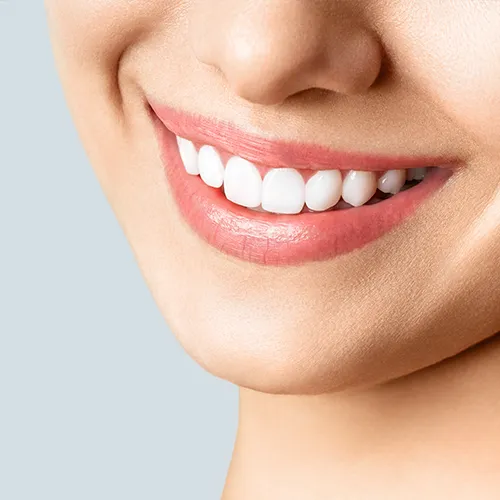
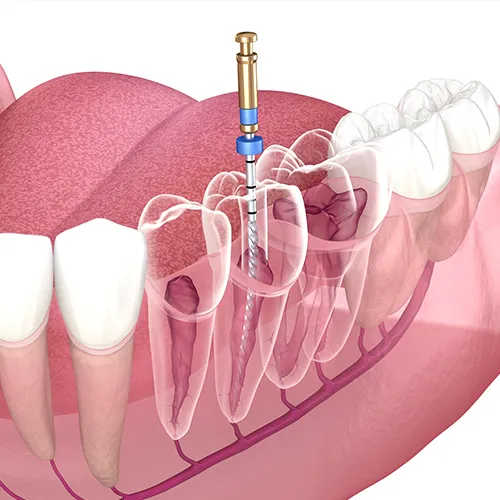

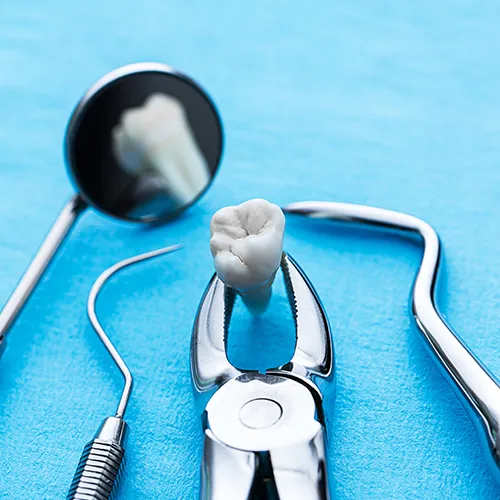
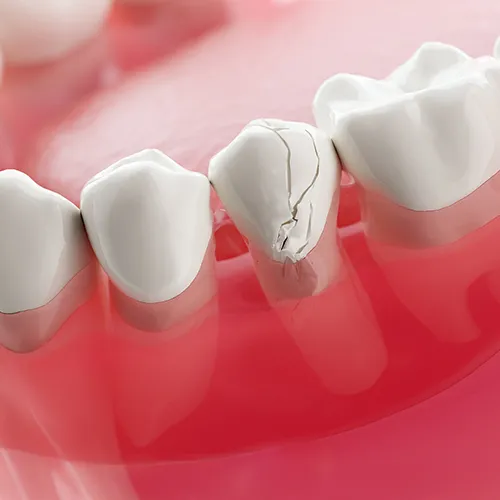
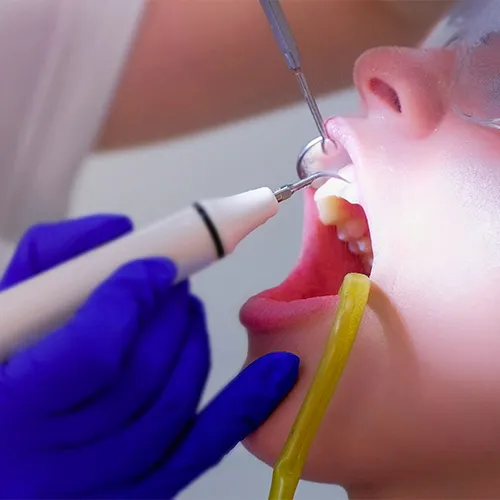
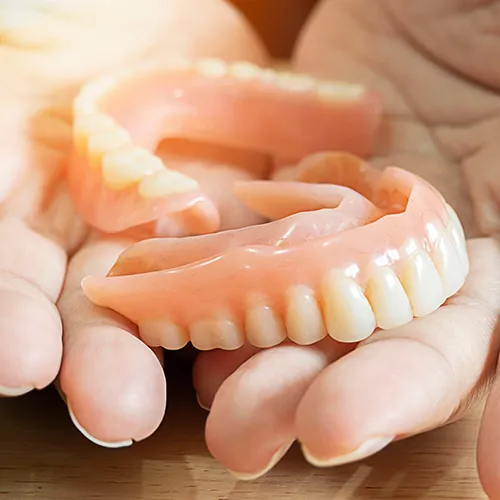
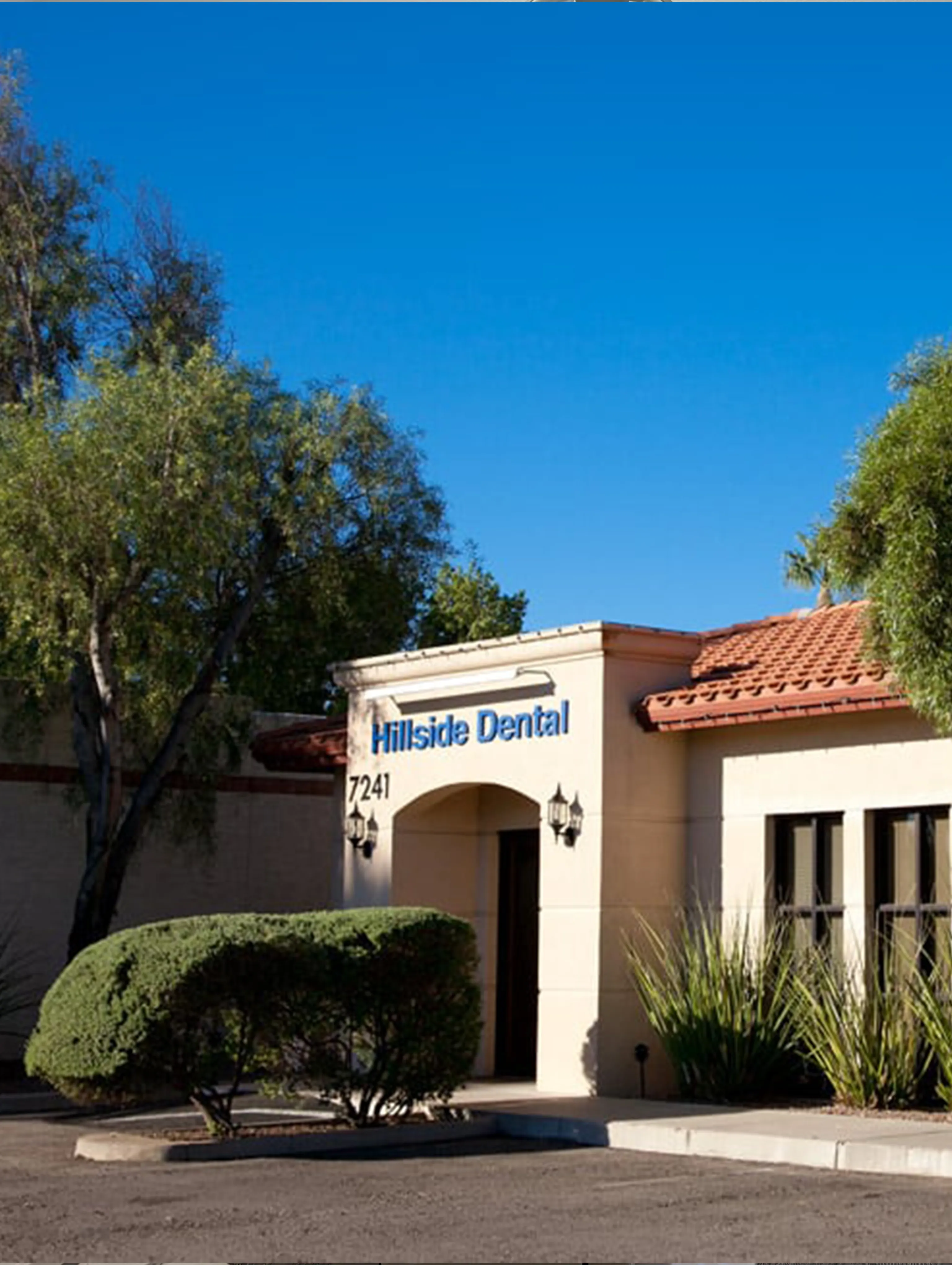
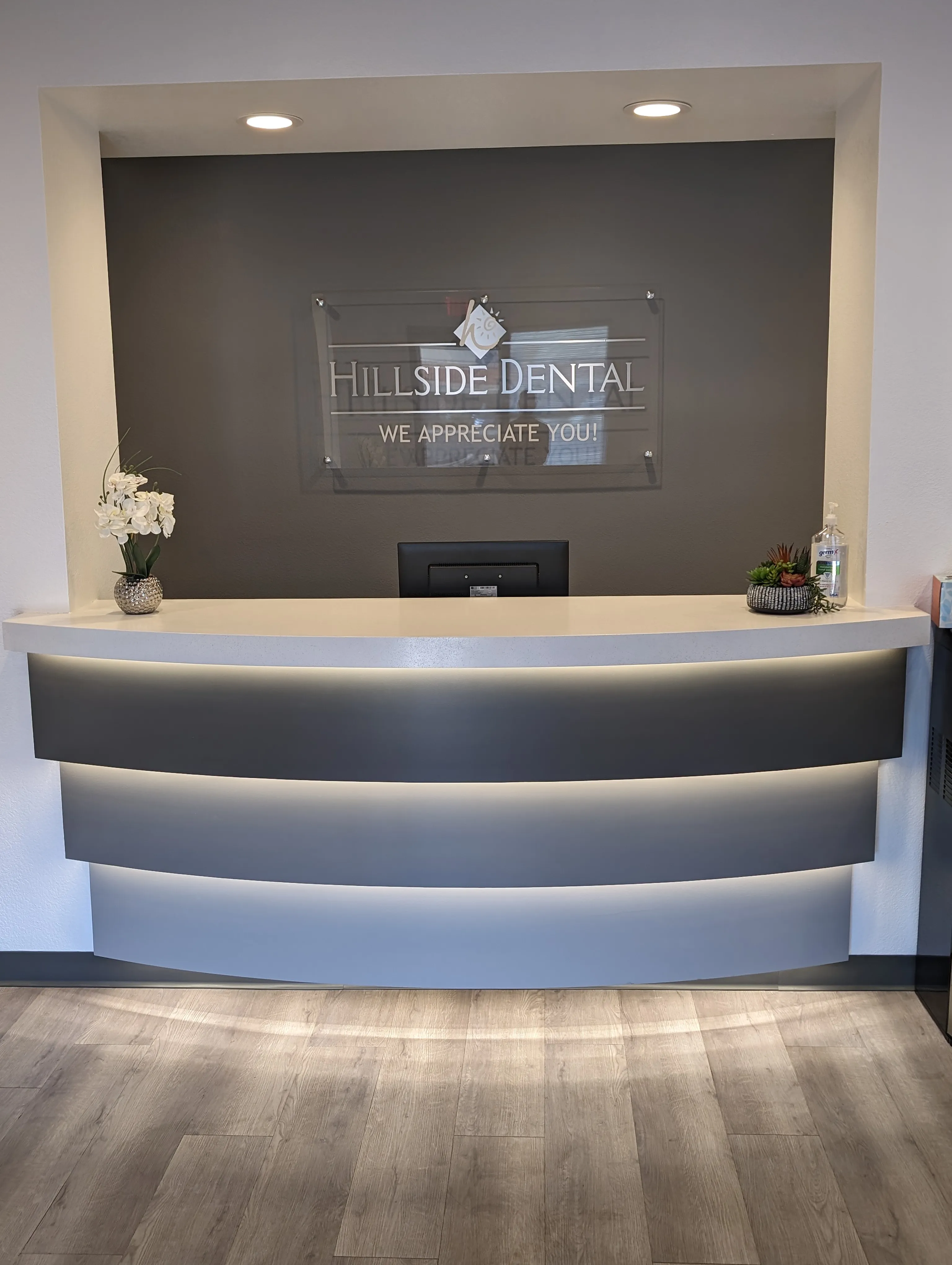
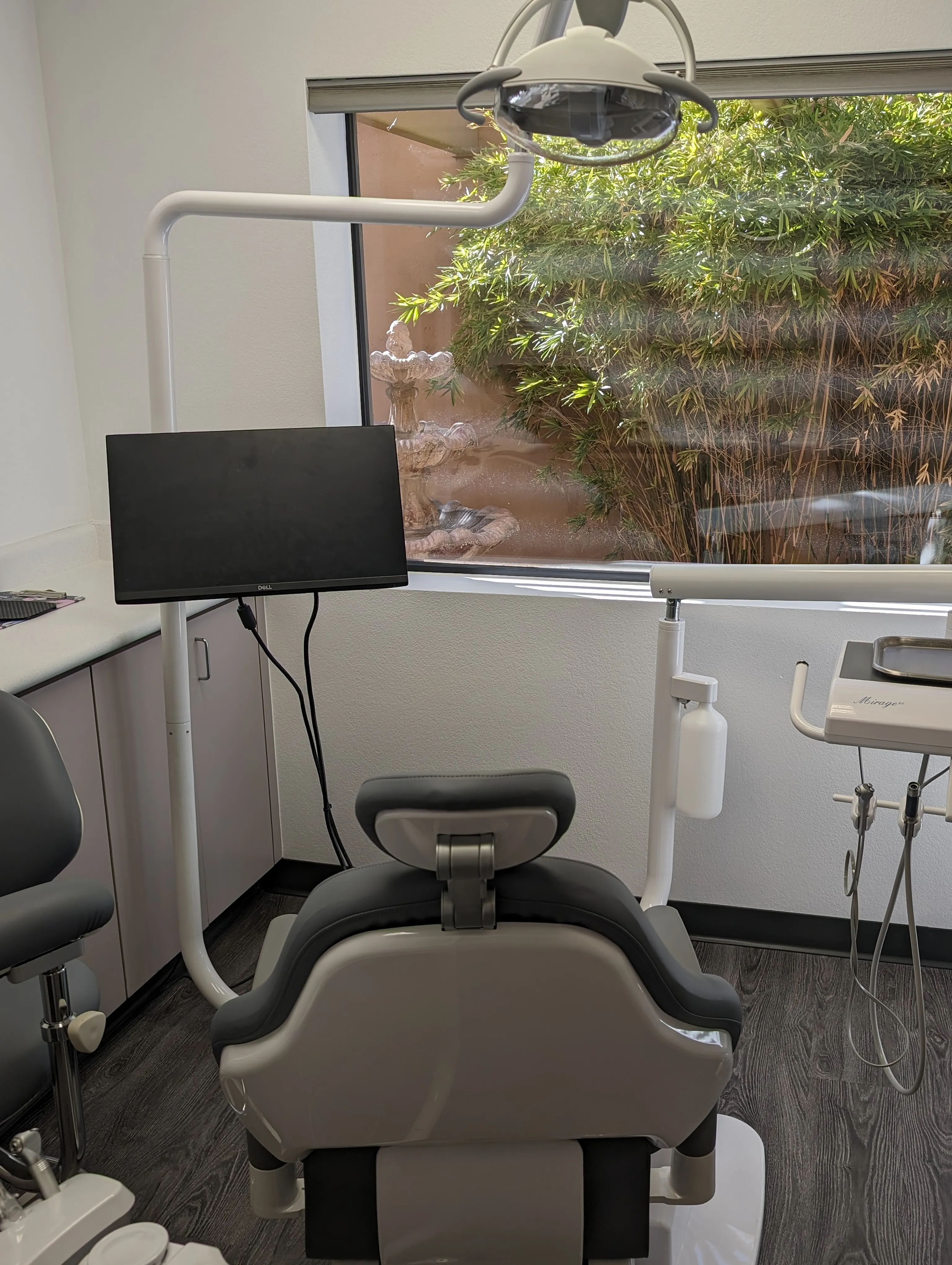


















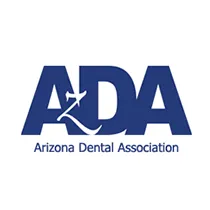
DENTAL CARE TEAM Tucson, AZ
OUR SOCIALS
Check us out and follow our accounts on the following social media platforms